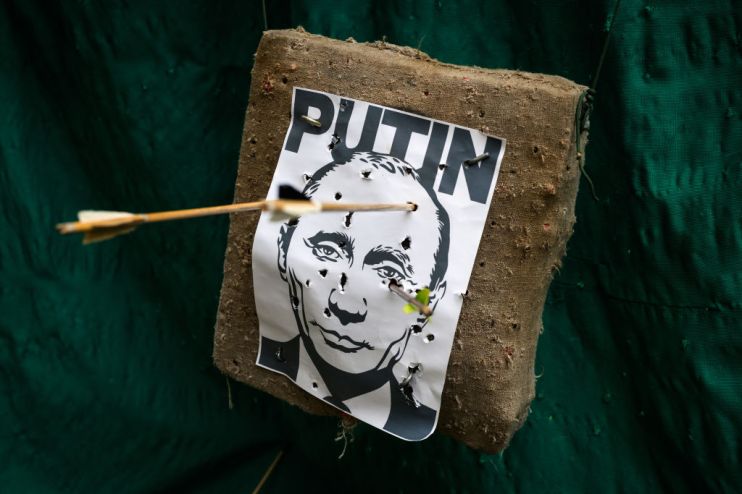Russia defaults on foreign debt for first time since 1918 Bolshevik revolution

Russia has defaulted on its foreign debt obligations for the first time since the Bolshevik revolution in 1918.
Sanctions launched by an alliance of western nations in response to Russian president Vladimir Putin’s invasion of Ukraine have hobbled the Kremlin’s access to its assets, meaning it has been unable to pay foreign investors.
Moscow has missed a grace period deadline on a $100m interest payment that was originally due on 27 May, tipping the country into default for the first time in over a century.
A US official said at today’s G7 summit in Germany that the default shows “just how strong the actions are that the U.S, along with allies and partners have taken, as well as how dramatic the impact has been on Russia’s economy”.
Moscow insists it has the means to fulfill its foreign debt obligations and blamed sanctions for leaving creditors out of pocket.
The Bolsheviks stopped paying foreign investors in the early twentieth century to keep assets in the country to strengthen the economy.
America’s treasury department blocked Russia from making payments in May, effectively sealing its fate of falling into default.
The world’s top rating agencies earlier this year downgraded Russian debt to among the lowest rungs on their debt safety ladders.
The efficacy of western sanctions in hitting the Russian economy has been watered down by European countries continuing to send money to the country in exchange for Russian energy.
Persistently high demand for Russian gas has lifted the rouble after it initially plunged against the world’s leading currencies following Moscow’s invasion.
US president Joe Biden, UK prime minister Boris Johnson and other leaders of G7 countries over the weekend said they are pursuing a cap on Russian energy prices to curb revenues flowing into Moscow.